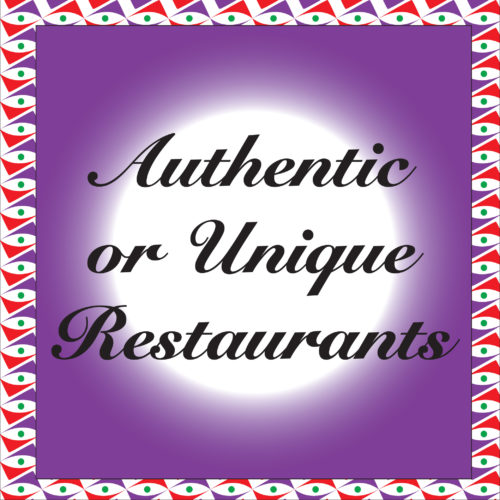
The Best of Lawrence County
May 1, 2018
Authentic or Unique Restaurants
May 24, 2018The mention of Cinco de Mayo often brings to mind bright colors, refreshing alcoholic drinks, and a celebration of the Mexican people. Indeed, Americans love any reason to celebrate, allowing the true meaning of Cinco de Mayo to be lost beneath fluttering piñatas and the glitters of alcohol-fueled parties. But fear not, because of Popular Pittsburgh’s never-ending thirst for knowledge, we’ve got the history behind this wonderful holiday.
The origins of this holiday can be traced back to the mid 1800s when Mexican troops defeated one of the world’s most powerful armies. The country’s declaration of delaying foreign debt repayments triggered the European invasion. Mexico had to stand in defense upon infiltration of British, Spanish, and French forces. They were able to immediately expel the Brits and Spaniards from their land. However, they were still left with one army to defeat. Mexico bravely prepared to fight the French.
The Fifth of May
On May 5th, 1862, under the wise leadership of General Ignacio Zaragoza, Mexican troops defeated the French at the Battle of Puebla. In spite of being outnumbered 2 to 1 and less well equipped, Mexico prevailed. Cinco de Mayo is celebrated in remembrance of that heroic group of soldiers. Their victory represents the strength and spirit of the Mexican people, despite them ultimately losing the war and forced under the rule of Napoleon III. However, it’s exactly that spirit that eventually won them their freedom in 1867.
It is important to understand why the Mexican people celebrate Cinco de Mayo. Many Americans falsely believe that the Fifth of May is Mexico’s Independence Day. Rather, Mexico had begun their battle for independence from Spain in 1810, and won their freedom in 1821. Today, Americans celebrate Cinco de Mayo in varying degrees. Restaurants and bars are typically stocked and ready to party with endless Margaritas. Many cities host Cinco de Mayo parades—the largest of which is in Los Angeles, complete with floats, costumes and dancers. No matter how you celebrate, make sure to remember the true history behind the holiday.





